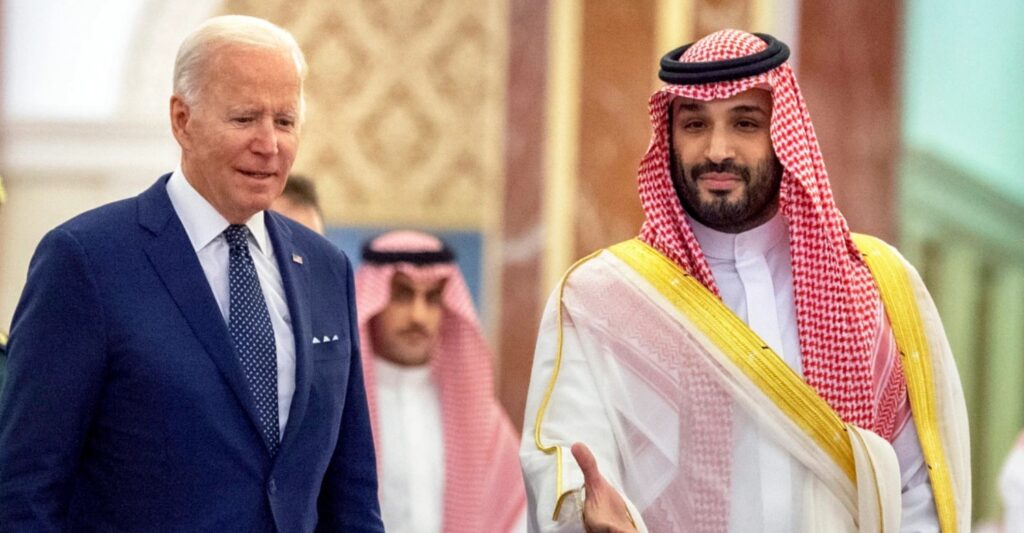A group of major oil-producing countries has reached an agreement to continue reducing their oil production in an effort to stabilize declining prices. Saudi Arabia, the leading member of the group known as OPEC+, announced that it would cut its production by one million barrels per day in July, while OPEC+ as a whole plans to decrease targets by an additional 1.4 million barrels per day starting in 2024. OPEC+ collectively accounts for approximately 40% of global crude oil production, giving their decisions a significant impact on oil prices.

OPEC+ News: Saudi Arabia To Cut Oil Output
During Asian trading on Monday, Brent crude oil prices initially rose by as much as 2.4% before settling at around $77 per barrel. Meanwhile, the UK saw a record 12p per litre drop in average diesel prices last month, according to the RAC. The meeting of oil-rich nations, led by Russia, took place over seven hours on Sunday amidst a backdrop of declining energy prices. According to Russian Deputy Prime Minister Alexander Novak, the total production cuts initiated by OPEC+ since October 2022 amount to 3.66 million barrels per day.
The reasons behind these production cuts stem from OPEC+’s previous agreement to reduce production by two million barrels per day, equivalent to approximately 2% of global demand. As a result of the recent discussions, the deal has been extended until the end of 2024. In April, OPEC+ had also implemented an unexpected voluntary cut of 1.6 million barrels per day, which came into effect in May but only temporarily boosted prices without creating a sustainable recovery.
Prince Abdulaziz bin Salman, the Saudi Energy Minister, stated that the one-million-barrel-per-day cut could be extended beyond July if necessary. This move is seen as an attempt to stabilize the market and has been referred to as a “Saudi lollipop.” However, it is important to note that most OPEC+ members were initially against production cuts due to their impact on oil revenues, which are vital for supporting their respective economies.
Saudi Arabia’s decision to voluntarily reduce its output by one million barrels per day, while unexpected, was not entirely surprising. As the leading member and largest oil exporter, Saudi Arabia holds the capability to lower its production. From the Saudi perspective, it is crucial to maintain crude oil prices above $80 per barrel in order to break even. Saudi officials desire elevated prices to support their ambitious projects aimed at diversifying the kingdom’s economy away from oil, spearheaded by Crown Prince Mohammed bin Salman.
This move by the Saudis also reflects the uncertain outlook for fuel demand in the coming months. Concerns about the global economy, particularly fears of a recession in the US and Europe, are expected to further impact crude oil prices.
Amidst the backdrop of the Russian invasion of Ukraine, oil producers are grappling with falling prices and high market volatility. The West has accused OPEC of price manipulation and undermining the global economy through high energy costs. Additionally, the West has criticized the group for aligning with Russia despite sanctions imposed over the invasion of Ukraine. In response, OPEC insiders have argued that the monetary policies pursued by the West in the past decade have led to inflation and compelled oil-producing nations to take action to preserve the value of their primary export.
